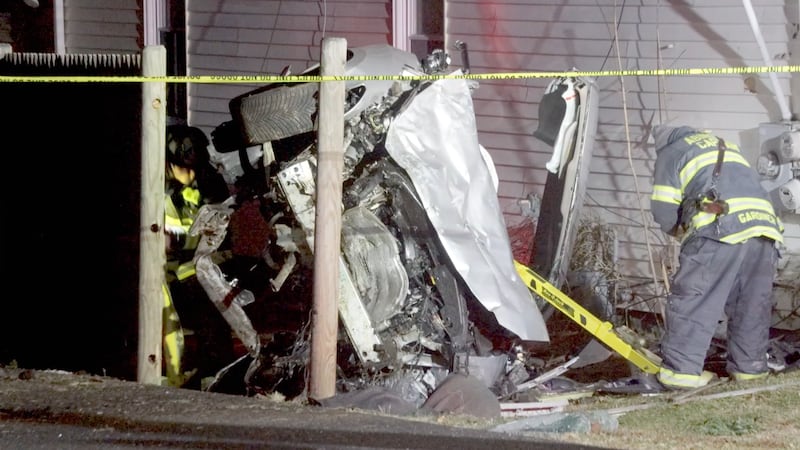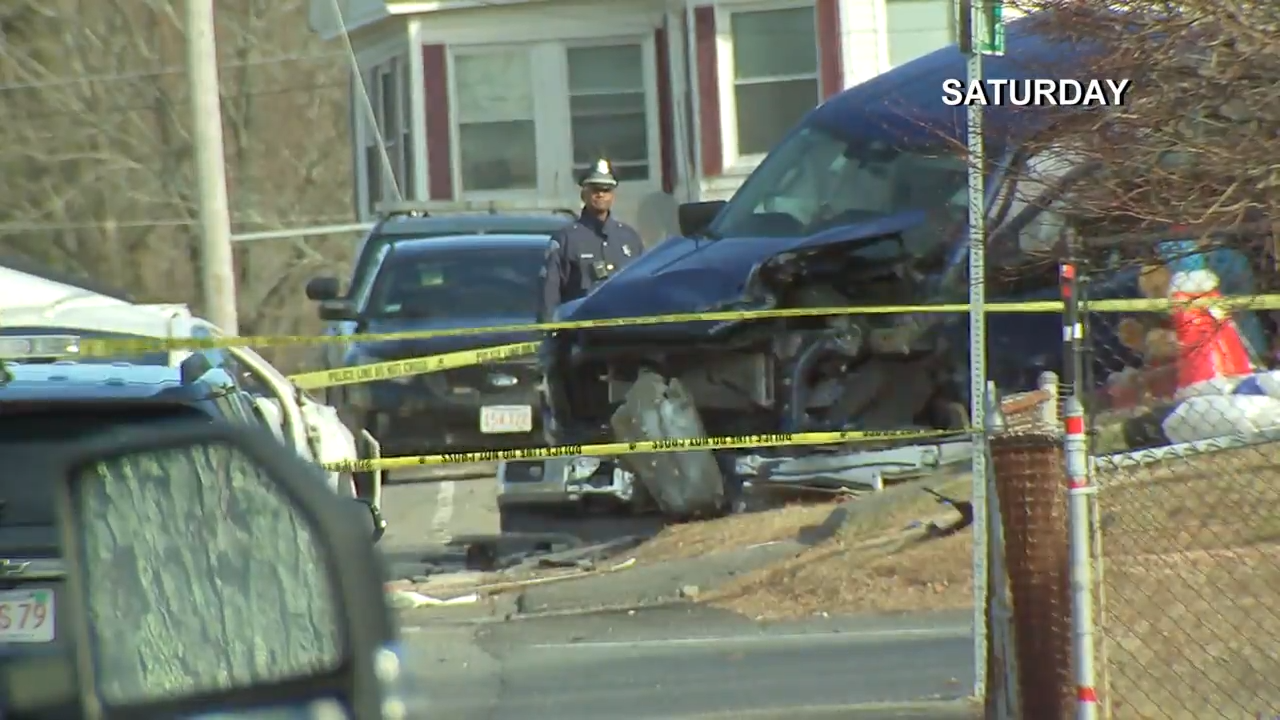An annoyed farmer in Belgium nearly caused an international incident, temporarily redrawing his country’s border with France.
A local history enthusiast was walking through the forest when he noticed the stone marking the boundary between the two nation’s had been moved 7.5 feet, giving Belgium more territory, the BBC reported.
The farmer, from the Belgian border town of Erquelinnes, was driving a tractor. Apparently miffed by the large stone, which was blocking his path, he moved it, the BBC reported.
Avec une équipe de tf1 à la frontière entre Bousignies et Montignies. On a bougé la borne de 1819, la Belgique et notre...
Posted by David Lavaux on Monday, May 3, 2021
Erquelinnes Mayor David Lavaux said that “the 1819 boundary marker has been moved.”
“Belgium and our commune have been enlarged; the French do not agree, of course,” Lavaux told The Brussels Times. “We will have to put things back in place.”
“It’s a certainty that its location no longer corresponds to the data we have,” Aurélie Welonek, mayor of Bousignies-sur-Roc on the French side of the border, told the newspaper.
The border between France and what is now Belgium is 390 miles long. It was formally established under the Treaty of Kortrijk, signed in 1820 after Napoleon’s defeat at Waterloo five years earlier, the BBC reported. The stone dates to 1819, when the border was first marked out.
The stone in question is one of many that mark the border between the two countries. They have been lost to vegetation, but local historians have been attempting to restore them. That’s how the redrawn border was discovered.
“I immediately had the impression that the boundary marker, located at the very end of the wood, had moved,” historian Jean-Pierre Chopin told French newspaper La Voix du Nord.
The two towns lie roughly midway on the border, CNN reported. Erquelinnes has a population of slightly under 10,000 residents, while Bousignies-sur-Roc a commune, in France’s Nord department, has about 600 residents.
“I was happy, my town was bigger,” Lavaux told the BBC with a laugh.
Welonek told the Times that Lavaux has asked the farmer to return the border to its original location, giving France back its land.
“We should however be able to avoid a new border war,” Welonek joked.
If the farmer refuses, the case could wind up at the Belgian foreign ministry, which would have to summon a Franco-Belgian border commission, the BBC reported. The last time the commission met was in 1930.
Lavaux said the farmer could also face criminal charges if he fails to comply.
“If he shows good will, he won’t have a problem, we will settle this issue amicably,” Lavaux told Sudinfo, a Belgian news website.
Cox Media Group





